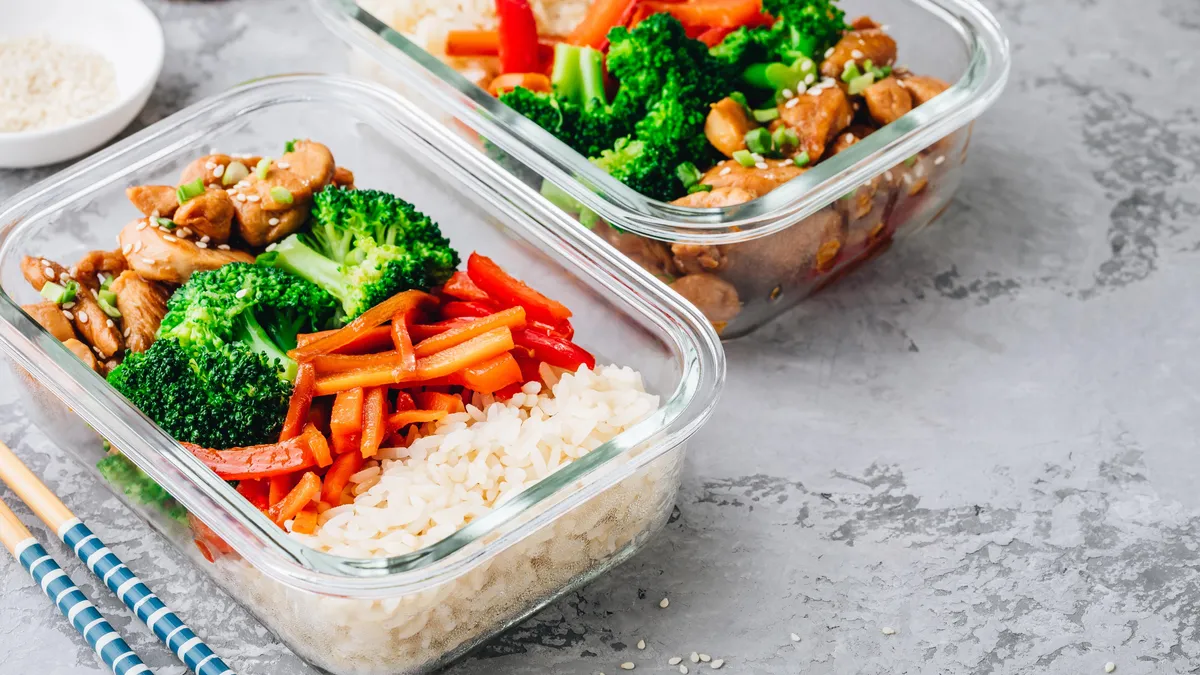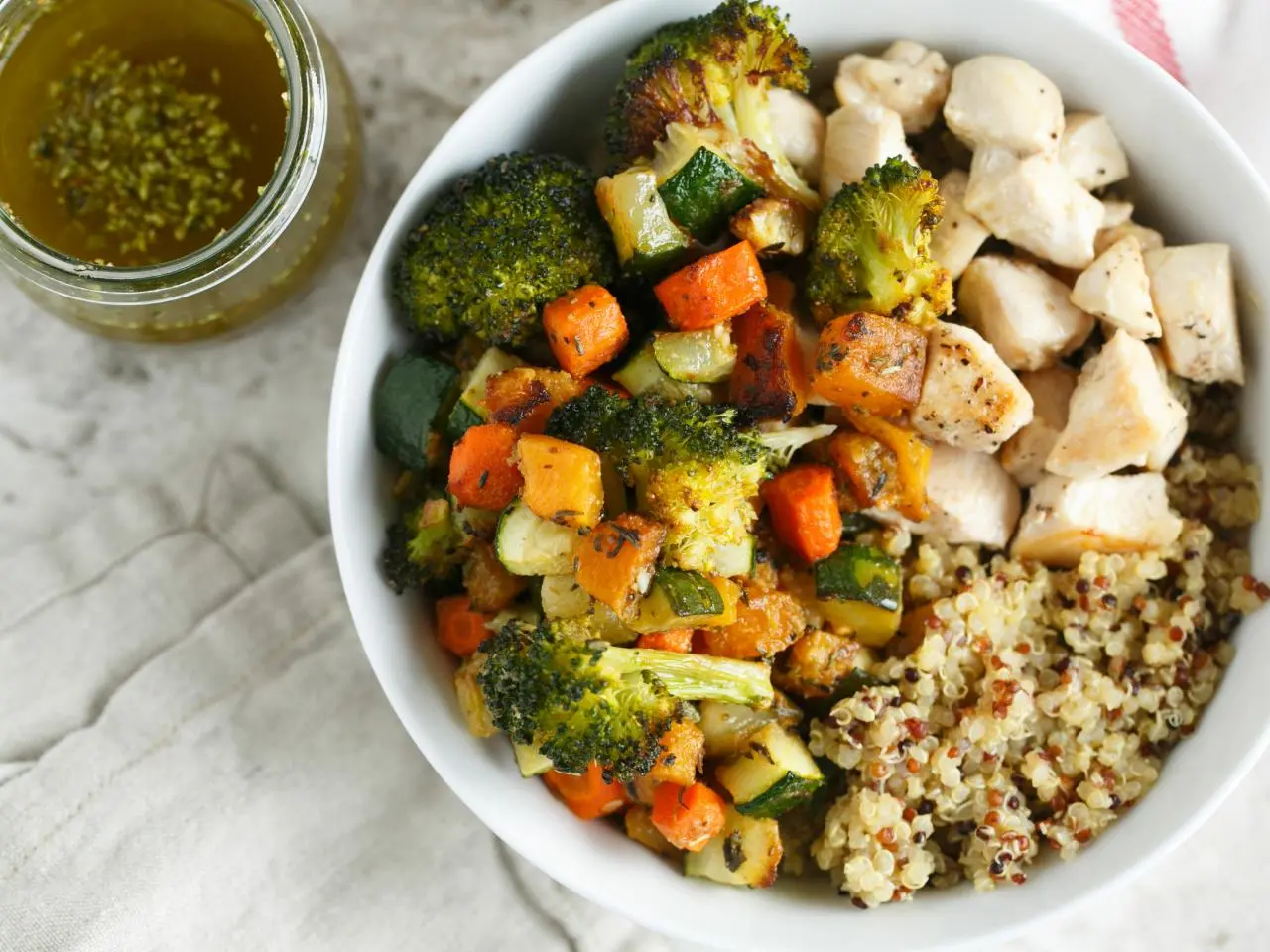To fuel your body optimally, meal planning becomes an essential tool in your toolkit.
For athletes and fitness enthusiasts, the adage “you are what you eat” takes on a whole new level of importance. Proper nutrition is the cornerstone of athletic performance and overall health. To fuel your body optimally, meal planning becomes an essential tool in your toolkit. This article delves into the world of meal planning for athletes, offering valuable insights and practical tips to help you prepare weekly menus that align with your fitness goals.
The Importance of Meal Planning
Meal planning is not just a chore; it’s a strategic approach to your nutrition. It involves making deliberate choices about what you eat, when you eat, and how much you consume. Here are several reasons why meal planning is crucial for athletes:
Optimal Nutrition: Meal planning allows you to ensure that you’re getting the right balance of macronutrients (carbohydrates, proteins, and fats) and micronutrients (vitamins and minerals) necessary for performance and recovery.
Portion Control: Planning your meals enables you to control portion sizes, preventing overeating and ensuring you consume the right number of calories for your goals.
Consistency: Athletes benefit from consistent nutrient intake. Meal planning helps you establish regular eating patterns, which can enhance metabolism and energy levels.
Time Efficiency: By planning your meals in advance, you save time during the week and reduce the temptation to grab fast food or unhealthy snacks on the go.
Goal-Specific Nutrition: Whether your goal is muscle gain, weight loss, or improved endurance, meal planning allows you to tailor your diet to your specific fitness objectives.
The Steps to Effective Meal Planning
Set Clear Goals: Before you start planning your meals, define your fitness goals. Are you aiming to build muscle, lose weight, improve endurance, or a combination of these? Your goals will dictate your macronutrient ratios and overall calorie intake.
Assess Your Current Diet: Take a close look at your current eating habits. What foods do you typically consume, and at what times? Identify areas that need improvement and those that align with your goals.
Plan Your Meals and Snacks: Create a weekly menu that outlines all your meals and snacks, taking into account your dietary requirements. Ensure you have a balanced mix of lean proteins, complex carbohydrates, healthy fats, and plenty of fruits and vegetables.
Prepare a Shopping List: Once your menu is set, make a shopping list that includes all the ingredients you need for the week. This helps you stay focused on buying only what you need and avoids impulse purchases.
Prep in Advance: Spending some time on meal prep can save you hours during the week. Consider batch cooking and portioning meals in advance, so you always have a healthy option readily available.
Stay Flexible: While planning is essential, it’s equally important to remain flexible. Life can be unpredictable, and you may need to adjust your plan as circumstances change. Be prepared to make adjustments while staying true to your goals.
Sample Meal Plan for Athletes
Here’s a simple sample meal plan for a day to give you an idea of how to structure your meals:
Breakfast:
Oatmeal with berries and a scoop of protein powder. A glass of water or green tea.
Mid-Morning Snack:
Greek yogurt with honey and walnuts. A piece of fruit (e.g., an apple or a banana).
Lunch:
Grilled chicken breast with quinoa and steamed broccoli. A side salad with mixed greens and vinaigrette dressing.
Afternoon Snack:
Carrot and cucumber sticks with hummus. A handful of almonds.
Dinner:
Baked salmon with brown rice and asparagus. Sautéed spinach with garlic.
Evening Snack (if needed):
Low-fat cottage cheese with a drizzle of honey.
Conclusion
Meal planning is a powerful tool for athletes looking to optimize their nutrition for better performance and overall health. By setting clear goals, assessing your current diet, and following a structured plan, you can take control of your nutrition and create menus that align with your fitness objectives. Remember that consistency and adaptability are key to long-term success in meal planning, helping you stay on the path to achieving your fitness goals.



